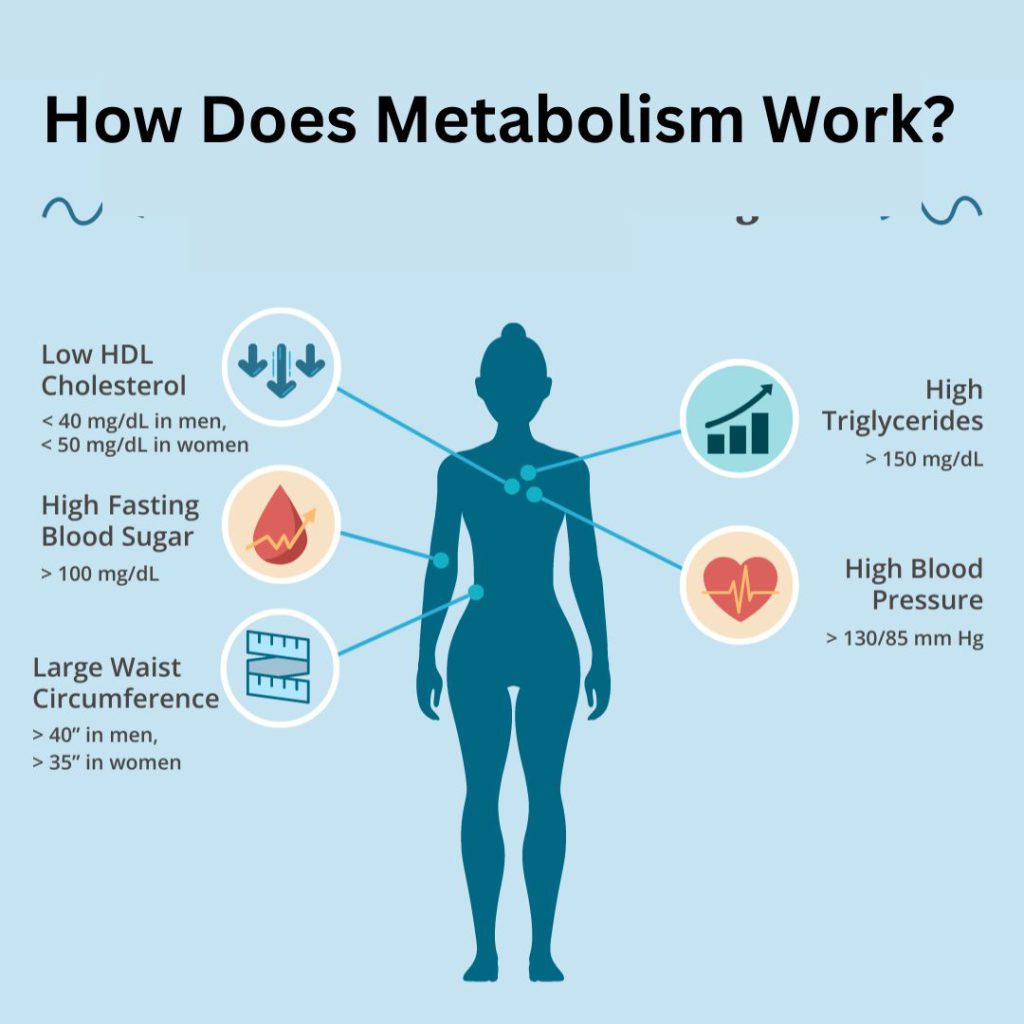Adderall is widely known for treating ADHD and narcolepsy, but many people are curious about its other effects — particularly whether it can alter body weight or metabolism. If you’re wondering does Adderall speed up your metabolism, you’re not alone. This article dives deep into what Adderall really does to your body, separating myths from science and offering insights backed by experience and evidence.
What Is Adderall?
Adderall is a prescription medication containing amphetamine and dextroamphetamine. It’s primarily used to help people with Attention Deficit Hyperactivity Disorder (ADHD) focus better and stay alert. The drug works by increasing the activity of certain neurotransmitters in the brain, like dopamine and norepinephrine.
How Does Metabolism Work?

Before we explore Adderall’s effect, let’s understand metabolism. Your metabolism is the process by which your body converts what you eat and drink into energy. Factors like age, activity level, genetics, and hormones all influence metabolic rate.
So when people ask, does Adderall speed up your metabolism, the answer depends on how it interacts with these metabolic factors.
How Adderall Affects the Body
Adderall is a stimulant, which means it boosts the central nervous system. As a result, it can increase heart rate, blood pressure, and body temperature — all of which are signs of an increased metabolic rate. However, this doesn’t mean it’s a healthy or sustainable way to manage metabolism or body weight.
Common Effects of Adderall on the Body Include:
- Increased alertness and concentration
- Appetite suppression
- Higher heart rate and blood pressure
- Potential for insomnia or restlessness
Does Adderall Speed Up Your Metabolism?
Now to the big question: Does Adderall speed up your metabolism?
Yes — but temporarily and not in the way most people assume.
Adderall can cause a short-term increase in metabolism due to its stimulant nature. It speeds up the sympathetic nervous system, mimicking your body’s “fight or flight” response. This can lead to an increase in:
- Energy expenditure
- Thermogenesis (body heat production)
- Physical activity levels in some cases
But it’s crucial to understand that this metabolic increase is not consistent or long-lasting. Over time, your body may develop a tolerance, and these effects may diminish.
Adderall and Weight Loss
Because Adderall suppresses appetite, many users report initial weight loss. However, this isn’t directly due to a faster metabolism. Instead, it’s mostly because of reduced calorie intake.
That said, relying on Adderall for weight loss is dangerous and not recommended. Its use for this purpose is not FDA-approved, and misuse can lead to serious health issues like heart problems, anxiety, and addiction.
Risks of Using Adderall for Metabolism or Weight Loss
Using Adderall in hopes of speeding up your metabolism or losing weight can lead to harmful outcomes:
- Dependence: The body can become reliant on the drug to function normally.
- Mental Health Issues: Anxiety, paranoia, and mood swings are common with misuse.
- Cardiovascular Risks: Increased heart rate and blood pressure can strain the heart.
- Appetite Disruption: Long-term use may harm your natural hunger cues.
Natural Ways to Improve Metabolism
Instead of turning to stimulants, here are healthier ways to support your metabolic health:
- Regular exercise – especially strength training
- High-protein diets – protein requires more energy to digest
- Staying hydrated – water supports every cellular function
- Adequate sleep – poor sleep can slow down your metabolism
Who Should Take Adderall?
Adderall should only be taken by individuals diagnosed with ADHD or narcolepsy and under medical supervision. Using it for purposes like boosting metabolism or managing weight is not just unwise — it’s potentially dangerous.
If you’re considering Adderall for any reason outside its prescribed use, it’s crucial to consult a medical professional first.
FAQs
1. Can Adderall be used to lose weight?
While Adderall may lead to weight loss due to appetite suppression, it is not a safe or approved method for weight management.
2. Does Adderall increase energy?
Yes, Adderall can boost alertness and focus, giving users a perceived increase in energy. This is due to its stimulant properties.
3. Is it safe to take Adderall without ADHD?
No, taking Adderall without a medical need or prescription can be harmful and lead to serious side effects, including dependency and cardiovascular issues.
4. How long does the metabolic effect of Adderall last?
The increase in metabolism is temporary and usually fades as your body adjusts to the medication.
5. Can Adderall cause long-term metabolic damage?
Long-term misuse may disrupt appetite regulation and natural energy balance, but more research is needed on permanent metabolic changes.
Final Thoughts
So, does Adderall speed up your metabolism? Technically, yes — but not in a healthy or sustainable way. While it might cause a short-term boost in energy expenditure, this is often due to its stimulant effects rather than a true metabolic enhancement. The associated risks far outweigh any temporary benefits.
If you’re looking to support your metabolism naturally, the best path is through balanced nutrition, regular exercise, quality sleep, and stress management. Taking shortcuts with medications like Adderall can have serious consequences.

